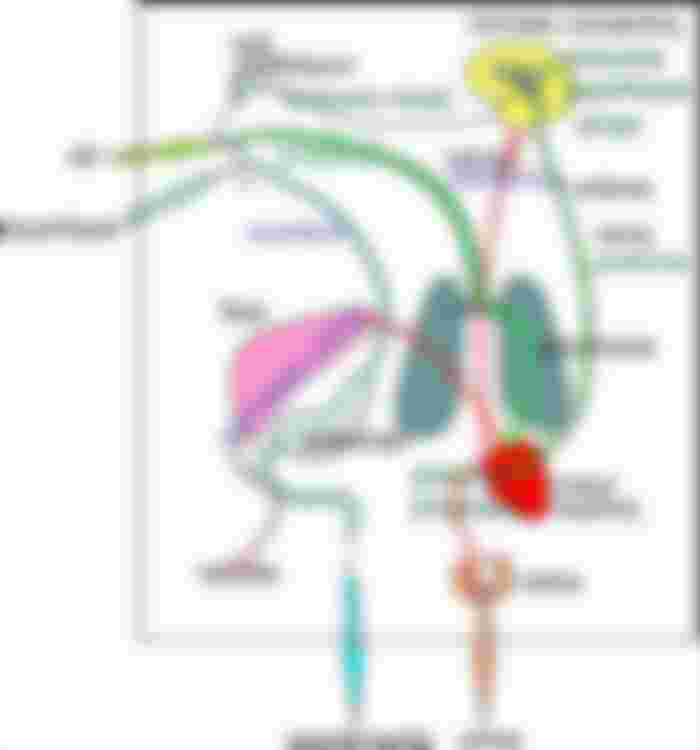Study of soul
The study of the soul, often referred to as psychology or philosophy of mind, delves into the profound mysteries of human consciousness and self-awareness. Exploring the soul's nature, existence, and its connection to the human experience is a topic that has captivated scholars and thinkers for centuries. In this essay, we will attempt to encapsulate this intricate field in 1000 words, highlighting key aspects and historical developments.
The concept of the soul has been central to various philosophical and religious traditions throughout history. In ancient Egypt, the soul was believed to consist of several parts, including the ka (life force) and the ba (personality). In Greek philosophy, prominent figures like Plato and Aristotle contemplated the nature of the soul. Plato proposed a tripartite soul composed of reason, spirit, and desire, while Aristotle considered it the form of the body, shaping a person's identity.
The religious perspectives on the soul are diverse. In Christianity, the soul is often considered immortal and divine, created by God. In Hinduism, the Atman, or inner self, is eternal and interconnected with the cosmic soul, Brahman. Islam emphasizes the accountability of the soul in the afterlife, where one's deeds are weighed on the Day of Judgment.
The modern study of the soul, or psychology, began to take shape in the late 19th and early 20th centuries. Prominent psychologists like Wilhelm Wundt and William James laid the foundation for understanding the human mind. They focused on consciousness, perception, and the structure of thought, attempting to unravel the mysteries of the soul through empirical observation.
Sigmund Freud, with his psychoanalytic theory, delved deeper into the human psyche. He introduced the concept of the unconscious mind, where repressed desires and conflicts reside. Freud's work contributed to the understanding of the complex interplay between conscious and unconscious aspects of the soul.
Behaviorism, led by figures like John B. Watson and B.F. Skinner, shifted the focus from inner mental states to observable behaviors. They believed that studying the soul was unnecessary and that behavior could be explained through stimulus-response relationships.
The cognitive revolution of the mid-20th century brought psychology back to the exploration of mental processes. Psychologists like Jean Piaget and Noam Chomsky emphasized the importance of understanding cognitive development and language in studying the soul's functioning.

The soul, from a psychological perspective, is often associated with consciousness and self-awareness. What is the nature of our subjective experiences? How do we perceive the world, think, and feel? Cognitive psychology explores memory, perception, and decision-making, shedding light on how the soul processes information.
In parallel, neuroscience has made remarkable strides in understanding the physical basis of the soul. Brain imaging techniques, such as functional MRI, allow us to observe neural activity associated with various mental processes. Research in this field has revealed the intricate relationship between the brain and consciousness, though the exact nature of this connection remains a topic of ongoing debate.
Philosophy of mind continues to grapple with profound questions regarding the soul. Dualism, famously championed by René Descartes, posits a separation between the mind (soul) and the body. Descartes' famous dictum "I think, therefore I am" exemplifies the prioritization of mental existence. However, this theory faces challenges in explaining how the immaterial mind interacts with the material body.
On the other hand, materialism asserts that the soul is a product of physical processes in the brain. This monist perspective argues that there is no separate, immaterial soul, and all mental phenomena can be explained by the laws of physics and chemistry. Materialism aligns with many findings in neuroscience but raises questions about the subjective nature of consciousness.
Emerging theories, such as panpsychism and integrated information theory, aim to bridge the gap between dualism and materialism. Panpsychism suggests that consciousness is a fundamental property of the universe, implying that all entities, even at the atomic level, possess some form of consciousness. Integrated information theory proposes that consciousness arises from the integration of information in complex systems, emphasizing the interconnectedness of neural networks.
In addition to these philosophical debates, ethical and existential questions arise in the study of the soul. How does one's understanding of the soul shape their moral values and sense of purpose? Existentialist thinkers like Jean-Paul Sartre and Albert Camus argued that in a world devoid of inherent meaning, individuals must create their own purpose and values, a viewpoint that is deeply intertwined with one's conception of the soul.
Throughout history, literature and the arts have also explored the soul's depths. From Dostoevsky's exploration of the human psyche in "Crime and Punishment" to the visual representations of the soul in Munch's "The Scream," creative expressions have provided unique insights into the soul's emotional and existential dimensions.
In conclusion, the study of the soul is a vast and multifaceted endeavor, encompassing philosophy, psychology, neuroscience, and ethics. The rich tapestry of human thought and experience continues to inspire scholars and thinkers to unravel the mysteries of consciousness, self-awareness, and the nature of the soul. Whether from a religious, philosophical, or scientific perspective, the exploration of the soul remains a timeless and profound quest to understand the essence of what it means to be human.
